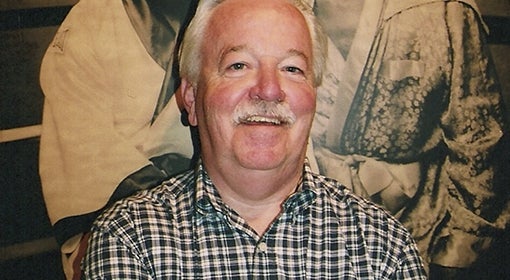 The researcher watches in amusement as former Ecuadorian president Abdalá Bucaram puts on a show. During their interview in Bucaram’s home in Panama, the exiled politician expounds on his personal philosophies, cracks outlandish jokes, and strums a guitar while singing about himself. Intrigued, the researcher notes it all.
The researcher watches in amusement as former Ecuadorian president Abdalá Bucaram puts on a show. During their interview in Bucaram’s home in Panama, the exiled politician expounds on his personal philosophies, cracks outlandish jokes, and strums a guitar while singing about himself. Intrigued, the researcher notes it all.
The strange afternoon is all in a day’s work for Ignacio Arana Araya, a political scientist examining the personality traits of presidents in the Americas. As part of his research, he has interviewed 23 former presidents from eight different Latin American countries, and plans to meet more.
“We know very little about presidential behavior,” he says. “It will take me years to become an expert in presidents, but that’s essentially what I want to be.”
He’s well suited to the line of Study. In Chile and Spain, Arana worked as a journalist focusing on international affairs before relocating to the United States to pursue a PhD in political science at Pitt. Arana’s scholarship zeroed in on the psychological traits of presidents who make constitutional changes to expand their power. He grounded his work in data, leading a research team that created the Presidential Database of the Americas, which quantifies the personality traits and background characteristics of 315 presidents. And, whenever possible, he met former leaders in person.
Now a postdoctoral fellow and instructor of comparative politics at Carnegie Mellon, Arana (A&S ’15G) is writing a book that explores the relationship between institutional change and presidents’ personality traits—such as assertive, even eccentric characteristics, like Bucaram exhibited. He hopes his work offers new insight on the people behind politics.
This article appeared in the Winter 2018 issue of Pitt Magazine.




